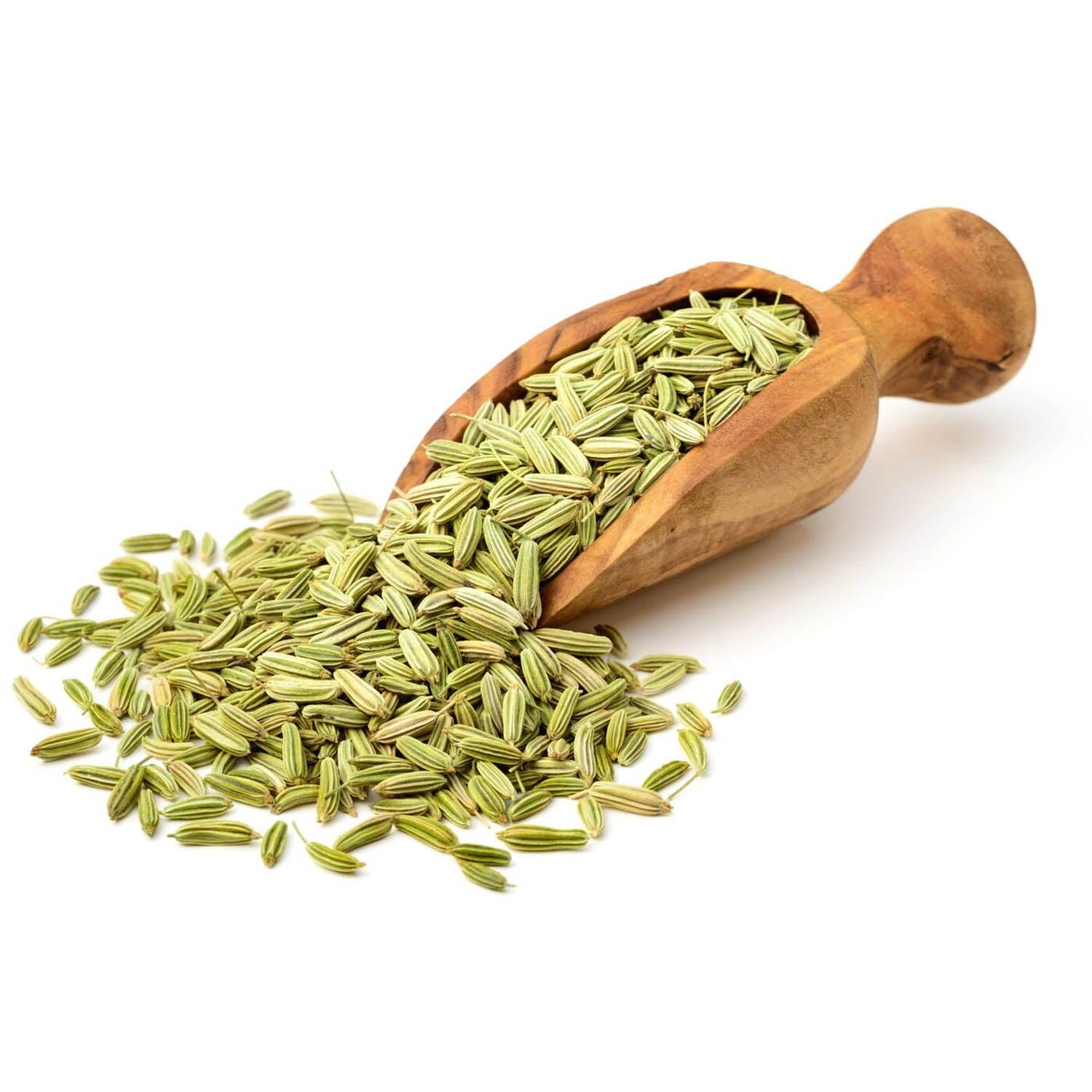Advantages of Eating Fennel

Hire Arrive
Food
about 1 year ago

Fennel, a fragrant herb with a subtly licorice-like flavor, has been used for centuries for its culinary and medicinal properties. Beyond its delightful taste, fennel offers a surprising array of health advantages, making it a worthwhile addition to your diet.
Digestive Health Champion: Fennel is renowned for its ability to soothe digestive upset. It contains anethole, a compound with antispasmodic properties that can relax the smooth muscles in the digestive tract, relieving bloating, gas, and cramps. Its fiber content also promotes healthy bowel movements and prevents constipation. For those with irritable bowel syndrome (IBS), fennel can offer significant relief from symptoms.
Antioxidant Powerhouse: Fennel is packed with antioxidants, including vitamin C and various flavonoids. These antioxidants combat free radicals, unstable molecules that can damage cells and contribute to chronic diseases like heart disease and cancer. By neutralizing free radicals, fennel helps protect your body from oxidative stress.
Respiratory Relief: Fennel's expectorant properties can help clear mucus from the respiratory tract, easing symptoms of coughs, colds, and bronchitis. Its soothing effect on the airways can provide relief from congestion and promote easier breathing. Steaming fennel seeds can be particularly helpful in relieving respiratory discomfort.
Improved Vision: Fennel is a good source of Vitamin A, a crucial nutrient for maintaining healthy vision. Vitamin A supports the production of rhodopsin, a pigment essential for night vision, and protects the cornea and retina from damage. Including fennel in your diet can contribute to overall eye health.
Blood Sugar Regulation: Studies suggest that fennel may help regulate blood sugar levels. Its fiber content slows down the absorption of sugar into the bloodstream, preventing sharp spikes in blood glucose. This makes it a beneficial food for individuals with diabetes or those at risk of developing the condition.
Potential Anti-inflammatory Benefits: Some research indicates that fennel possesses anti-inflammatory properties, potentially reducing inflammation throughout the body. While more research is needed, this suggests a possible role in preventing or managing chronic inflammatory conditions.
Boosting Immunity: The rich vitamin C content in fennel contributes to a strong immune system. Vitamin C plays a vital role in supporting immune cell function and protecting the body against infections.
How to Incorporate Fennel into Your Diet:
Fennel can be enjoyed in various ways:
* Raw: Add fresh fennel fronds to salads for a refreshing, slightly anise-flavored boost. * Cooked: Use fennel bulbs in stir-fries, soups, or roasted vegetables. * Tea: Steep fennel seeds in hot water to create a soothing and digestive-aid tea. * Spices: Use fennel seeds as a spice in baked goods, curries, or marinades.
While fennel generally offers numerous health benefits, it's important to note that some individuals may experience mild side effects like heartburn or allergic reactions. If you have any concerns, consult with a healthcare professional before significantly increasing your fennel intake. However, for most people, fennel offers a delicious and healthy way to enhance their diet and overall well-being.